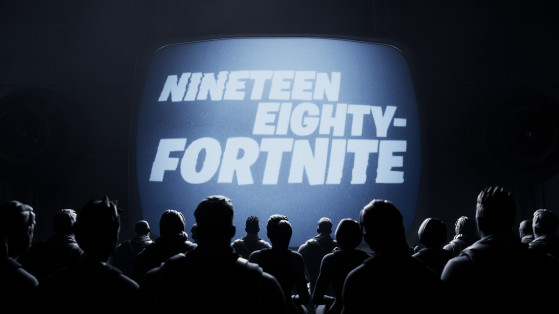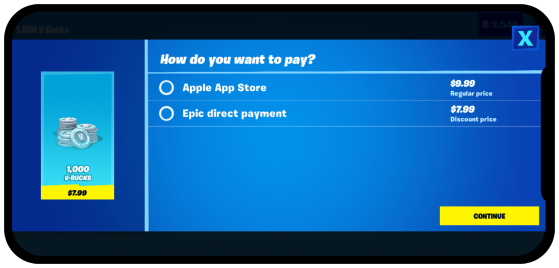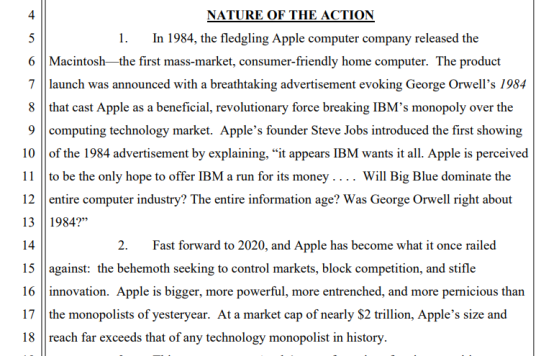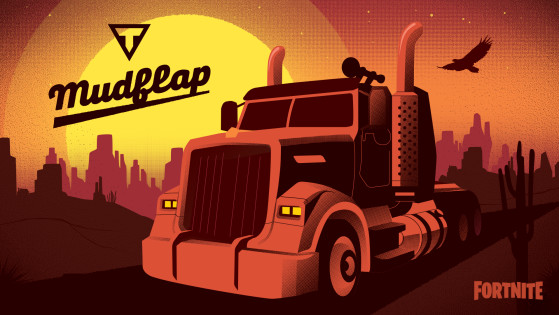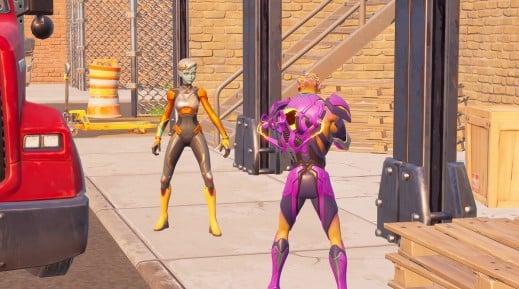The day started as any other - people waking up, going to work, getting on with life.
For Epic Games, it started with a bold move — to introduce Fortnite Mega Drop, direct payments in the mobile version of Fortnite for iOS and Android with the aim of allowing players to save money on their V-bucks.
This circumvented Apple's policy of all payments having to go through the App Store — and which entitle them to a 30% cut of the proceeds.
So, they retaliated with an even bigger play — removing Fortnite from the App Store entirely.
However, it now seems Epic were ready and waiting for this move, slapping Apple with a lawsuit.
Not only did they file a suit, Epic announced the debut of a short film in-game, Nineteen Eighty-Fortnite, that clearly takes aim at Apple's own legendary commercial for the Mackintosh computer.
The original film, directed by Ridley Scott and released in 1984, draws heavily on George Orwell's 1984 novel and its themes to take aim at IBM's perceived monopoly of the computing market.
The text in the video reads:
Epic Games has defied the App Store Monopoly.
In retailiation, Apple is blocking Fortnite from a billion devices.
Join the fight to stop 2020 from becoming "1984".
The short also implores fans of the game to take to social media using the hashtag #FreeFortnite, which began trending instantly.
The similarities with Apple's commercial are immediately striking. Take a look for yourself:
For those who want a more direct comparison, GamesRadar's James Jarvis has spliced the two videos together so you can see the similarities:
This all links to the opening statement of Epic Games' lawsuit, which points out that Apple used the same arguments in their IBM war in the Eighties. In fact, their text is almost identical to a Steve Jobs keynote speech to introduce the ad.
In their suit, Epic claims Apple has "become what it once railed against: the behemoth seeking to control markets, block competition, and stifle innovation". It also goes on to label the Tim Cook-led firm as "more pernicious than the monopolists of yesteryear".
It's a concerted marketing effort designed to smear Apple's practices, and it appears to be working. Discussion on social media is heavily dominated by the issue as of the time of writing.
In removing Fortnite from the App Store earlier in the day, Apple said in a statement given to GamesIndustry.biz that they would "make every effort to work with Epic to resolve these violations."
This idea that Apple is too big and too dominant is not new. In June, antitrust cases against Apple were brought in the European Union by Spotify and Rakuten to look into this 30-percent cut of in-app purchases.
At the time, Epic head Tim Sweeney tweeted his support for the EU investigation:
Just last week he had also criticised Apple's decision to effectively outlaw support for cloud-based gaming — including Microsoft's upcoming xCloud service and Google Stadia:
Epic Games, despite a market value of $17 billion, is considered a minnow compared to the trillion-dollar Apple, so how this lawsuit plays out is potentially massive for the video games industry.
For now, Fortnite remains available on all other platforms. What it means for iOS players is that they can still play using the currently installed version, but no new downloads can be made.
With Fortnite Chapter 2 Season 3 about to come to a close, this also means that Epic cannot update the game. An FAQ has also been released on the Epic Games website that details the situation for iOS players.
You can find that here. A more detailed FAQ designed for members of the press can be found here.
